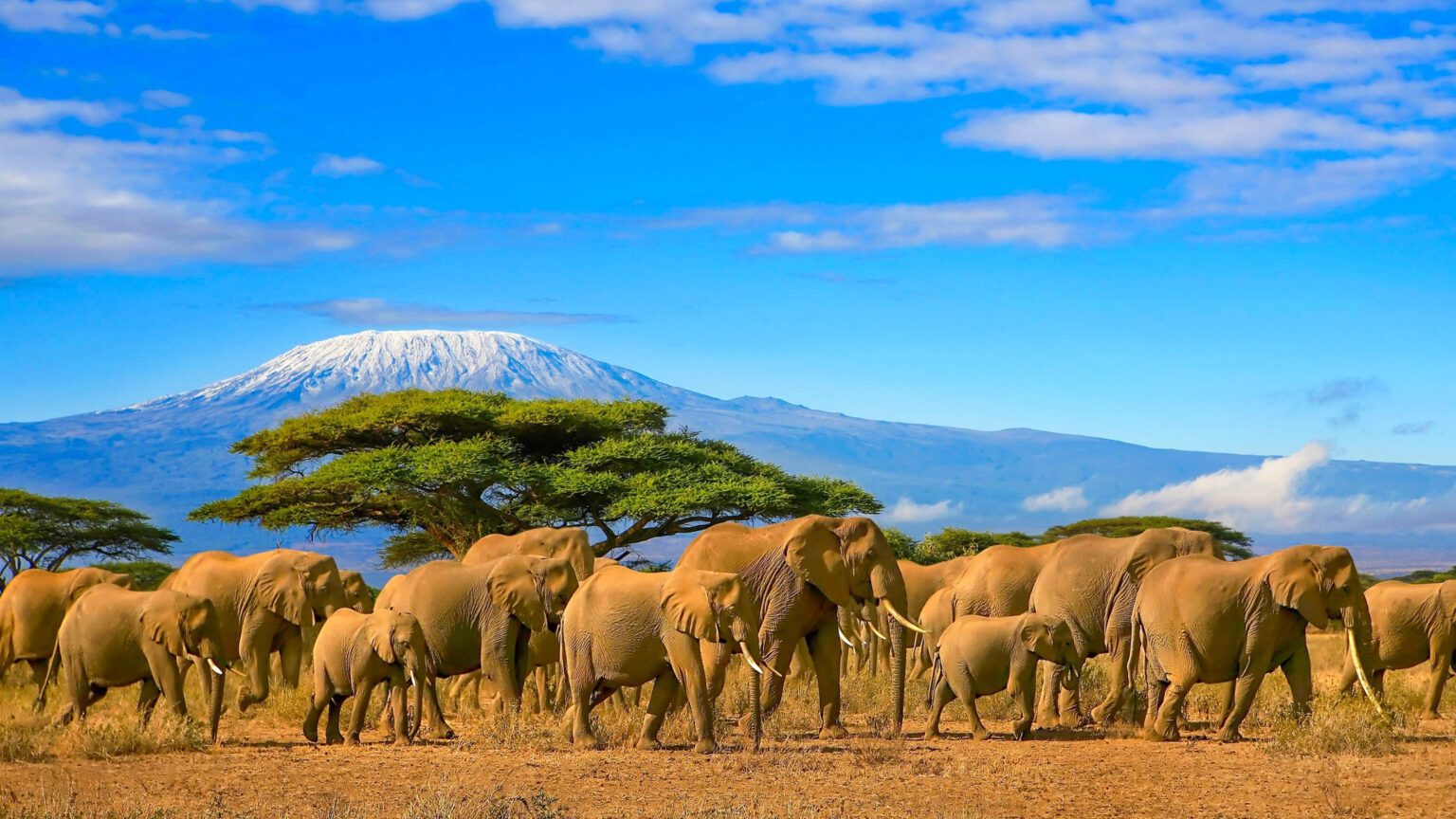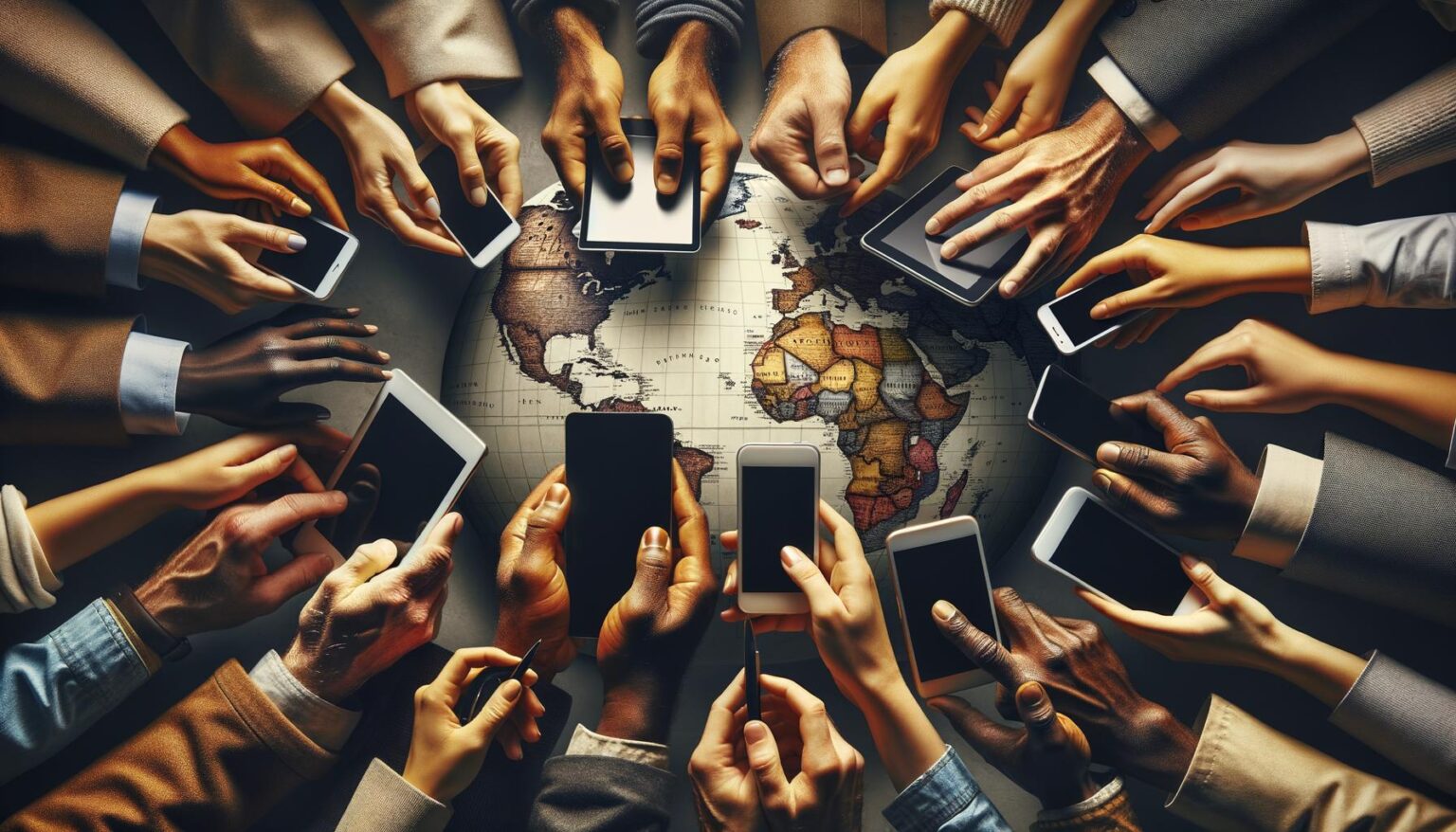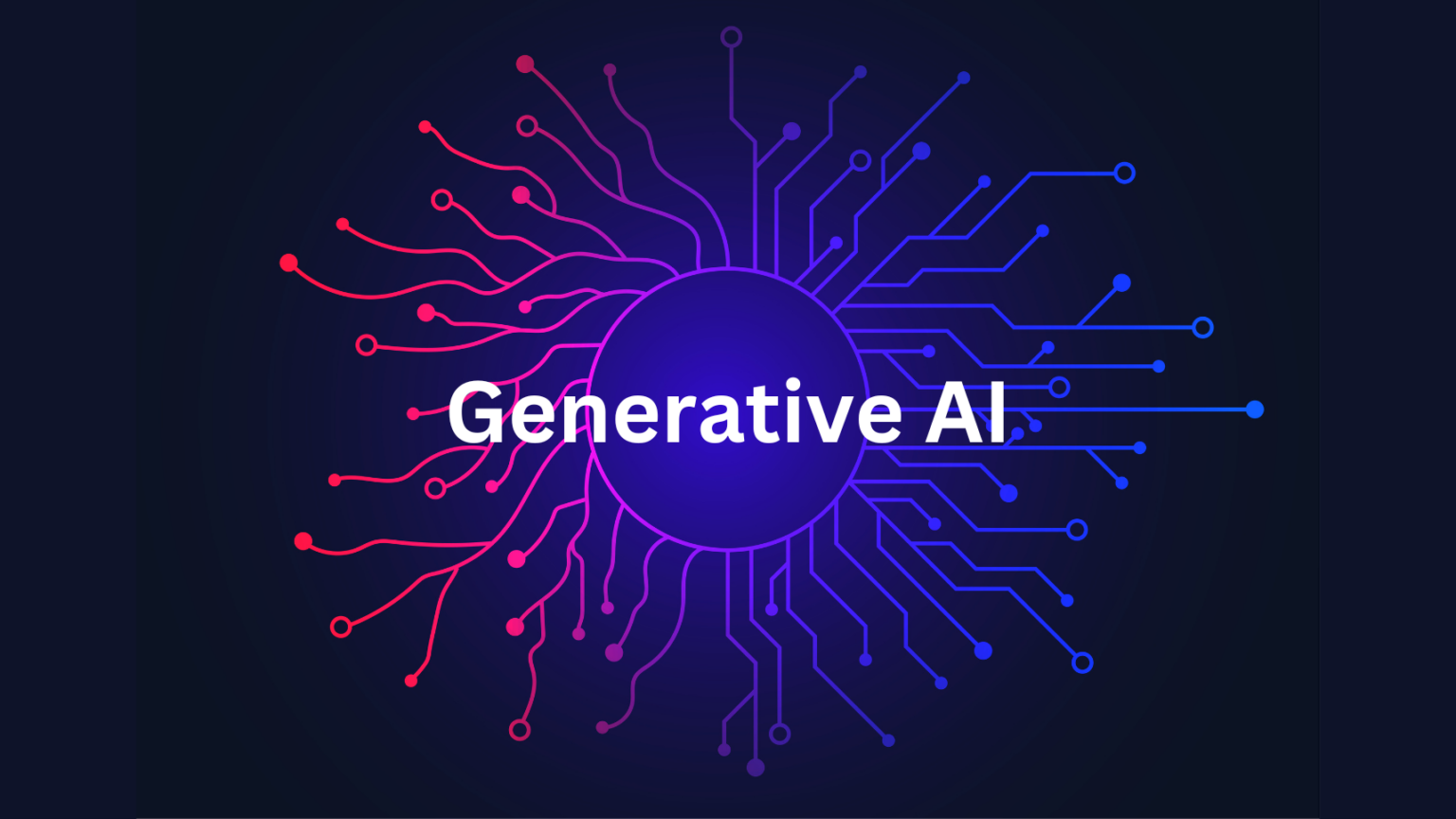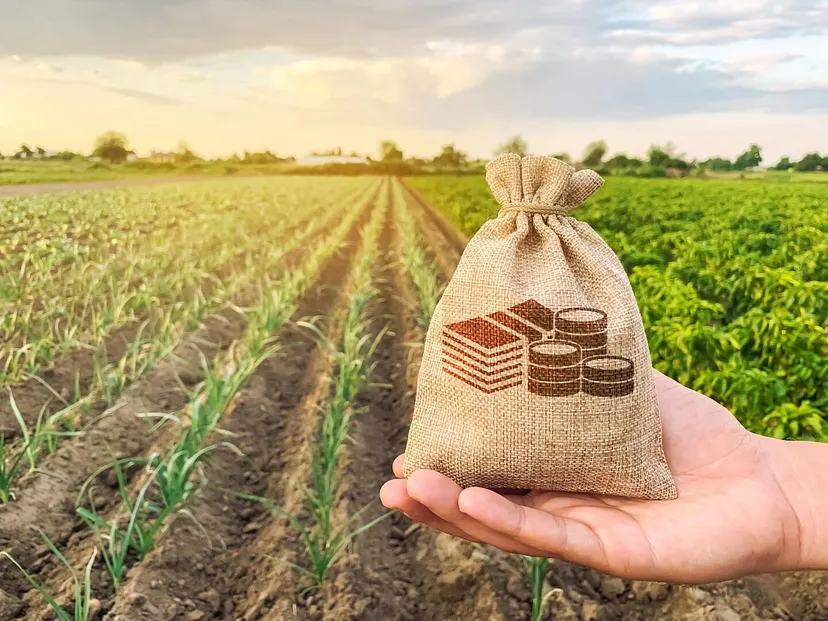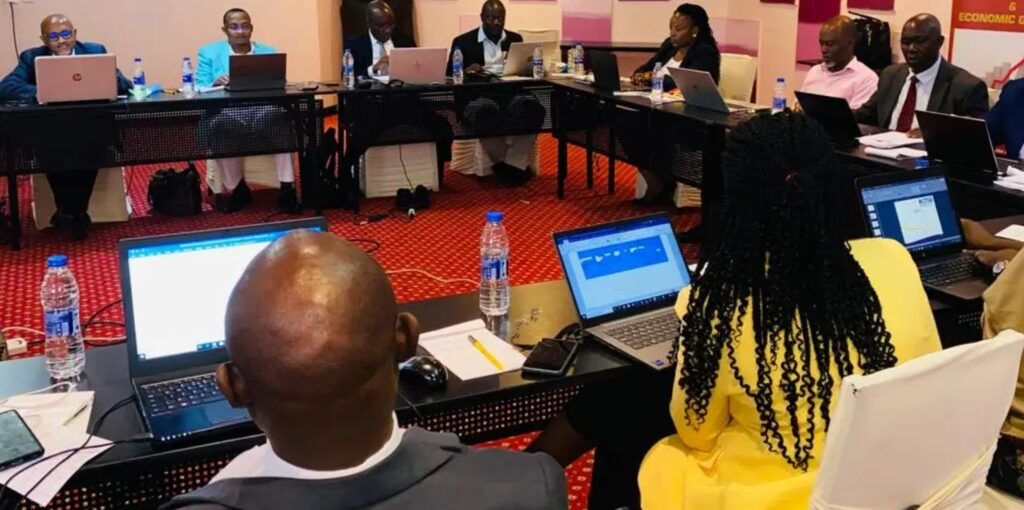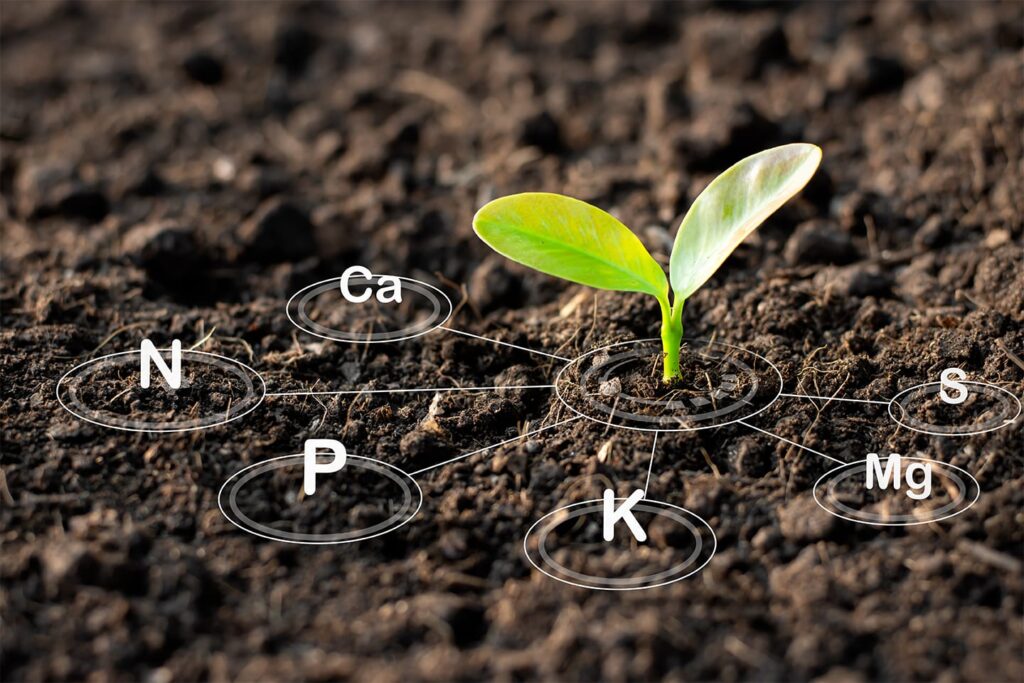- Russia and Tanzania unite to double trade, boost Africa market access
- History as Janngo Capital seals Africa’s largest gender-equal $78M tech VC fund
- South Africa Budget Disappoints Investors as Deficit Widens
- Kenya drops to 6th place in Africa trade barometer
- Tanzania’s bold move to boost cashew nut exports by 2027
- Chinese cities dominate global list of places occupied by billionaires
- Sudan tops up as Africa aims for $25 billion development fund
- Opportunities for youth: Tech firms Gebeya and NVIDIA to train 50,000 developers in Africa
Author: James Ndwaru
I am a writer based in Kenya with over 10 years of experience in business, economics, technology, law, and environmental studies.
- At the convergence of technology and marketing, social media platforms have become an imperative tool for businesses
- Recognising your target audience is the foundation of an effective social media strategy.
- Artificial intelligence (AI) has become increasingly imperative in the digital marketing landscape.
Social media marketing
Social media has transformed from a platform for personal connection into a relevant tool for businesses to engage with their audience, build brand awareness, and drive growth. The power of social media in business cannot be underestimated, as it offers a myriad of opportunities for organisations, brands and people to thrive in the competitive landscape.
At the convergence of technology and marketing, social media platforms have become an imperative tool for businesses and organisations to promote their brands and connect with their target audience. With the widespread adoption and ever-changing features, social media has a superior say on digital marketing strategies.
Furthermore, social media marketing …
- Small and medium enterprises have become vital drivers of economic growth in African countries.
- According to the African Development Bank Group, SMEs in Africa represent around 90 per cent of all businesses and contribute up to 33 per cent of Africa’s Gross Domestic Product (GDP).
- Access to capital is one of the biggest obstacles small and medium enterprises face in Africa.
Small and medium enterprises (SMEs) in Africa play a vital role in fostering sustainable development. With 90 per cent of all global businesses falling under the MSME category, these enterprises create employment, foster innovation, and contribute to gross domestic product (GDP) growth.
In recent years, small and medium enterprises have become vital drivers of economic growth in African countries. As the continent undergoes rapid development, these enterprises foster innovation, create jobs, and contribute to economic growth.
Small and medium enterprises form the bedrock of African economies, representing various …
- The tourism sector is increasingly important in the global economy.
- Tourism in Africa is still at an embryonic stage of development and is highly interconnected with longstanding growth and development challenges in infrastructure and security.
- A report predicts that a growing middle class will fuel Africa’s travel and tourism industry and a projected CAGR of 8.9 per cent or $731.4 billion in 2032 in the “leisure” market.
Tourism sector in Africa
Tourism sector is increasingly important in the global economy, contributing up to 5 per cent of total gross domestic product (GDP), 30 per cent of service exports, and approximately 225 million job opportunities.
Indeed, approximately 1 billion people travel internationally annually. Consumer receipts on tourism, hospitality, and recreational activities in Africa are projected to hit about $261.77 billion by 2030, $137.87 billion more than in 2015. From 1998 to 2015, service exports, such as tourism, have grown sixfold faster …
- The digital revolution in Africa is propelling various sectors into new realms of potential, and the gaming industry is no exception.
- Blockchain technology has the potential to benefit both game producers and players by offering a safe and transparent method of handling in-game transactions.
- African game developers have opted to look at incorporating new technologies into the games they offer, such as allowing players to use Bitcoin and blockchain technology while playing.
Africa’s gaming Industry
The digital revolution in Africa is propelling various sectors into new realms of potential, and the gaming industry is no exception. GeoPoll’s latest report, “Gaming in Africa,” explores the burgeoning gaming scene across Egypt, Kenya, Nigeria, and South Africa.
The African gaming industry is emerging as the fastest-growing for mobile gaming, driven by a young population, increasing smartphone adoption and a burgeoning interest in mobile games.
Africa is the final frontier for the video game …
- There is urgency in halting the digital divide in Africa as this is vital in promoting inclusive growth, alleviating poverty, and generating more jobs through the digital economy.
- Kenya is setting an example by ensuring all its buildings are fiber-optic-ready.
- Digital automation in trade has proven to be a valuable asset in safeguarding Africa’s social and economic growth.
Digital Divide in Africa
Digital divide in Africa has been exacerbated over the years and, the urgency to halt it is vital in promoting inclusive growth, alleviating poverty, and generating more jobs through the digital economy.
Africa, with a population of 1.4 billion, currently has only 473 million internet users, representing a 36 per cent penetration rate and a mere 5 per cent fixed broadband penetration due to limited undersea connectivity. This leaves the continent lagging behind other regions regarding digital infrastructure, a critical component for economic growth.
African policymakers should capitalise …
- Artificial intelligence can help healthcare workers do more with limited resources.
- Artificial Intelligence platforms, increasingly utilised in public health, use complicated data systems as a crucial component for health emergency readiness.
- AI-powered diagnostic solutions in Rwanda and Ghana are enhancing medical imaging analysis, contributing to the early detection of diseases like cancer and tuberculosis.
Artificial intelligence in healthcare is the art of integrating human ability into machines programmed to impersonate human actions. AI’s application in healthcare primarily helps medical practitioners in many aspects of patient care, including administrative procedures.
As of 2020, the application of Artificial intelligence in healthcare in the USA and Canada slashed healthcare expenses by around 25 per cent and 13 per cent, respectively, giving healthcare providers time to give more of their limited resources to patient care issues. AI deep learning procedures have also saved many lives globally by decreasing the diagnosis-treatment-recovery cycle for patients, Africa …
- Generative AI can create original content such as text, images, and videos.
- As an emerging technology, generative AI does hold transformative potential not only in marketing and the creative arts but also in healthcare, banking, and finance amongst other sectors.
Generative AI has made notable footprints in recent years, beaconing as one of the most recognisable advancements, AI can create original content such as text, images, and videos.
AI fundamentally refers to systems capable of producing entirely new and original content, distinguishing it from other AI applications that primarily analyse existing data for decision-making. These models can generate original written articles, images, audio samples, or video footage based on training from extensive datasets.
Leading models like Gemini, GPT-4, Claude, and Bing AI are renowned for creating remarkably human-like text from given prompts. In contrast, others like Stable Diffusion, Firefly, and DALL-E are known for generating vivid images from text descriptions. …
- Insurance emerges as a beacon of hope in mitigating risks and managing resilience across the agricultural value chains.
- Partnerships between the government and private entities are needed to devise, develop, and establish efficient and sustainable solutions to risks in the agricultural value chains.
- To cope with the additional pressure of climate change on socioeconomic development and food security, Africa has adopted a policy framework that concedes and puts emphasis on the importance of strengthening climate and disaster resilience.
Agricultural value chains are multi-faceted industries encompassing farmers, agro-processors, and traders. The resilience of each impacts the entire system. However, the vulnerability of these facets to various risks threatens the stability and sustainability of the whole value chain.
Agriculture remains vital in feeding nations and maintaining economic stability in the ever-changing global economies. Despite its immense contribution, it faces a series of challenges. From unpredictable weather patterns to market fluctuations, posing a …
- Financial markets provide liquidity essential for bolstering economic growth and stability.
While well-regulated financial systems are essential for macroeconomic stability - Good financial markets are critical in channeling resources into productive investment and fostering growth.
- Strengthening judicial systems and enforcing regulations are thus central to deepening financial systems. Protecting creditors‘ and borrowers‘ rights, enforcing contracts, and establishing transparent information-sharing mechanisms are also prerequisites for financial deepening.
Financial markets play a vital role in enhancing the smooth operation of economies by allocating resources and creating liquidity for businesses and entrepreneurs. The markets make it easy for investors and traders to trade their holdings. They additionally create security products that provide returns for investors/lenders and make these funds available to those needing extra financing.
Stock market, bond market, forex, commodities, and the real estate market, just to name a few, are examples of commodities in financial markets. Moreover, they can be divided into …
- The cost of land degradation due to poor soil health is estimated to be between $850 and $1,400 per year for every individual, with a global cost of between $6.3 and $10.6 trillion annually.
- African governments should invest in improving access to organic and mineral fertilisers to enhance soil health.
- The continent now produces approximately 30 million tonnes of fertiliser annually, twice as much as it currently consumes.
Soil health is vital in supporting food production and water filtration. Since the 1960s, land degradation in Africa has led to a significant expansion of agricultural land by about 300 per cent, compared to 25 per cent elsewhere. This has happened at the expense of forests, wetlands, and other fragile systems. The expansion is driven by the need to reimburse for the decline in productivity caused by soil fertility decline.
The cost of land degradation due to poor soil health is estimated …







